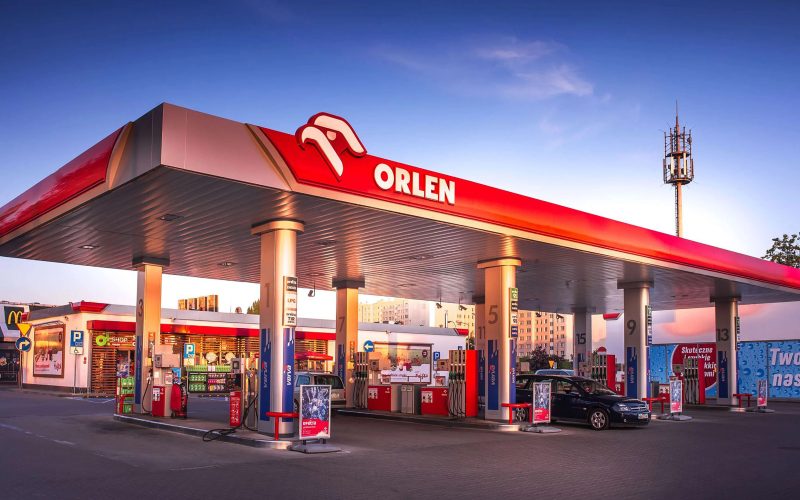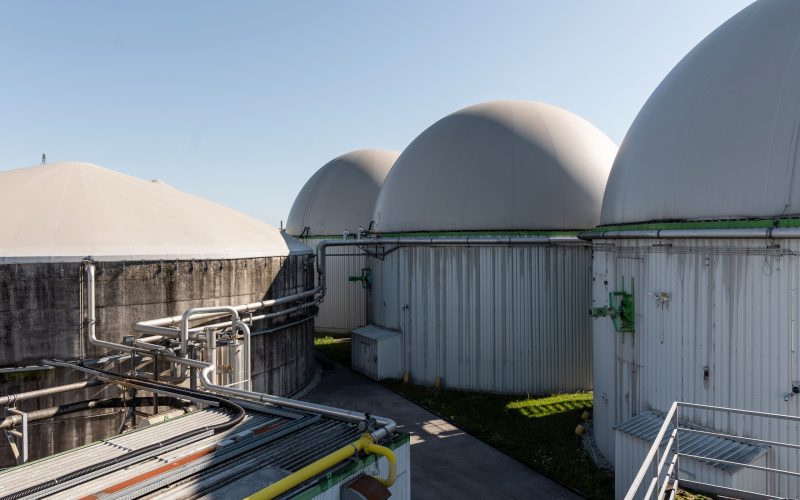Bio-CNG and Bio-LNG on transport in EU
Biogas technologies introduced in transport sector: Bio-CNG і Bio-LNG.
FlixMobility is introducing biogas-powered buses on two long-distance routes in a move to significantly reduce its CO2 emissions. The Biogas buses start operating from July 1, 2021.
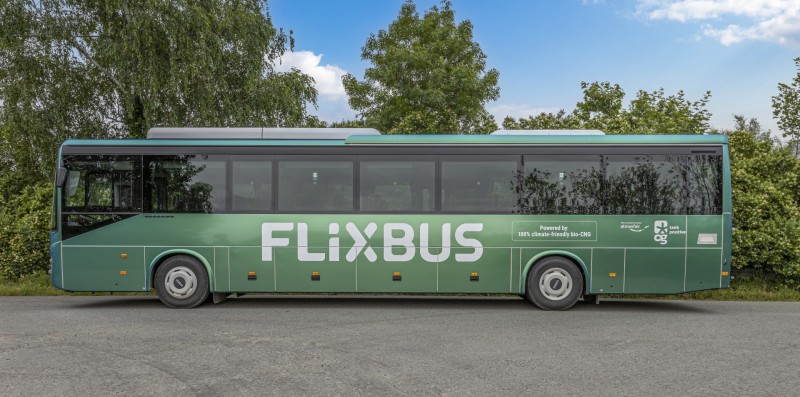
Biogas is a good solution for effectively reducing CO2 emissions, especially for FlixMobility’s long-distance routes such as those between Amsterdam and Brussels or Oslo and Stockholm. This is exactly how we see the future of transport fuel. Next, we will tell more about these fuels.
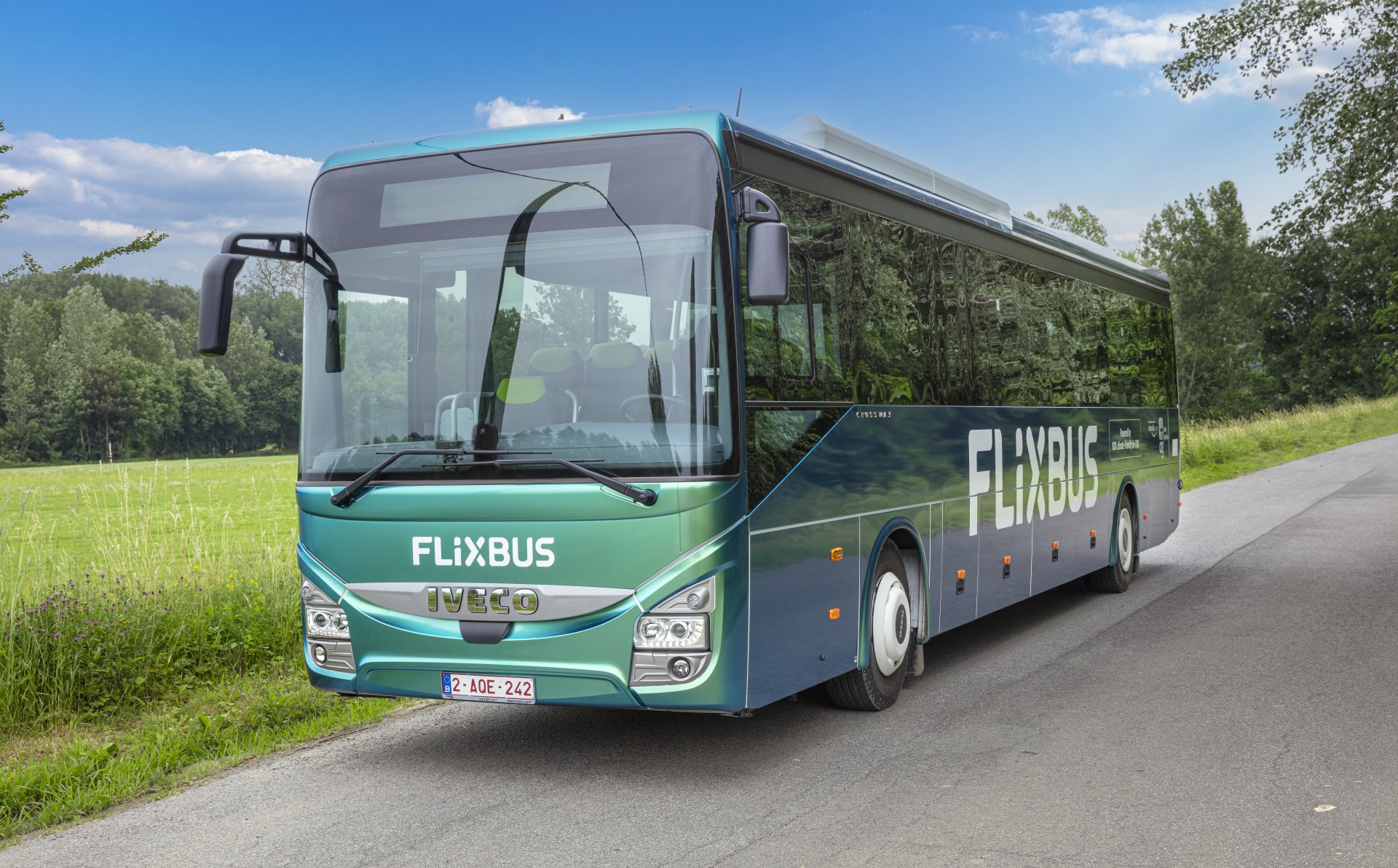
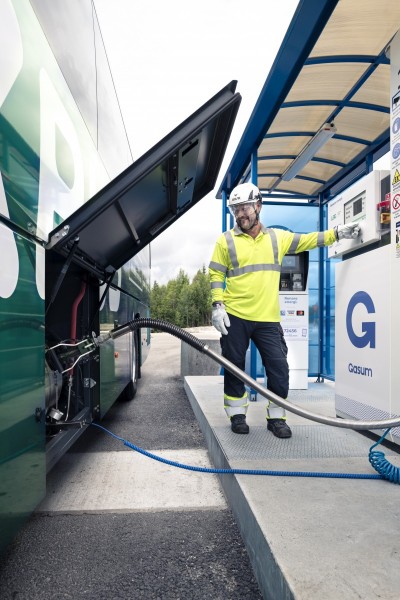
Bio-CNG
CNG is compressed natural gas, which is currently considered the most cost-effective alternative to petrol and diesel, while at the same time bearing the potential to significantly reduce CO2 emissions. CNG is primarily made up of methane, which is compressed in order to reduce the volume and increase the energy density. Usually CNG is transported to filling stations in gas pipelines or in special trucks.
CNG can also be derived from biogenic, i.e. non-fossil sources, in which case it is called Bio-CNG or CBG (compressed biogas). Bio-CNG is chemically equivalent to CNG and can be produced many different types of biowastes. The new FlixBus route between the capitals of the Netherlands and Belgium will use one hundred percent bio-CNG from OrangeGas, which is obtained from sewage sludge from a wastewater treatment plant near Amsterdam.
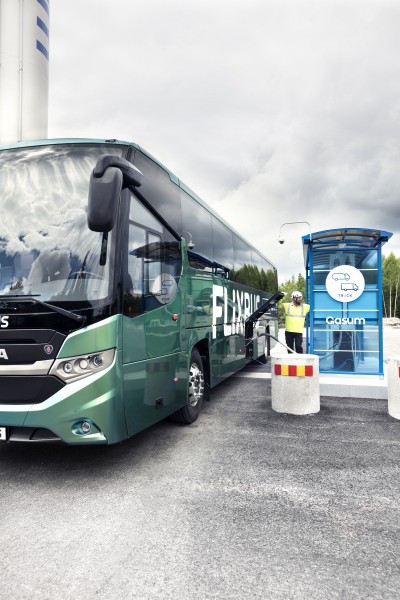
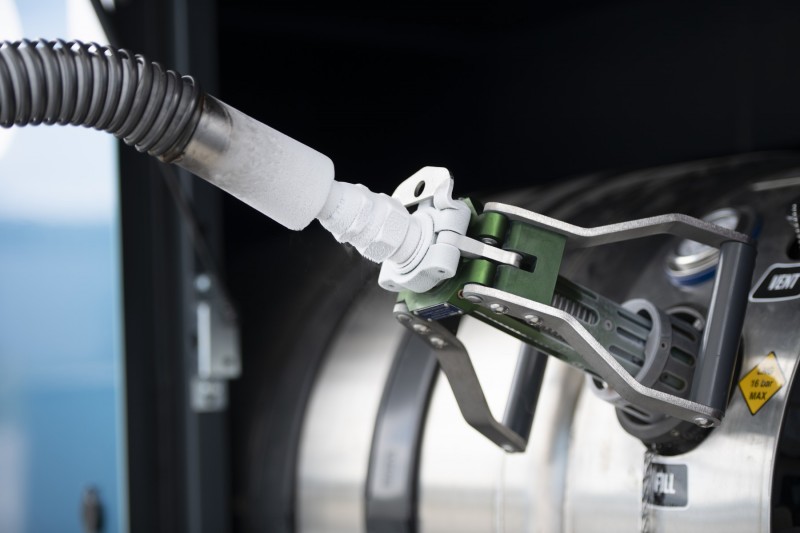
Bio-LNG
LNG is liquefied natural gas obtained from CNG by cooling it down to a temperature of -161 to -164 °C. One of its advantages is the significantly reduced volume compared to the gaseous natural gas CNG:
- the volume of 1 kg of LNG is only 1/600th of that of 1 kg of NG,
- while the energy content of 1 litre of LNG corresponds to that of 3 litres of CNG.
When LNG is obtained from bio-CNG it is called Bio-LNG or LBG (liquefied biogas). This is chemically equivalent to LNG. The LBG that FlixBus uses on the route between the capitals of Sweden and Norway is a product of FlixBus’ biogas partner Gasum.
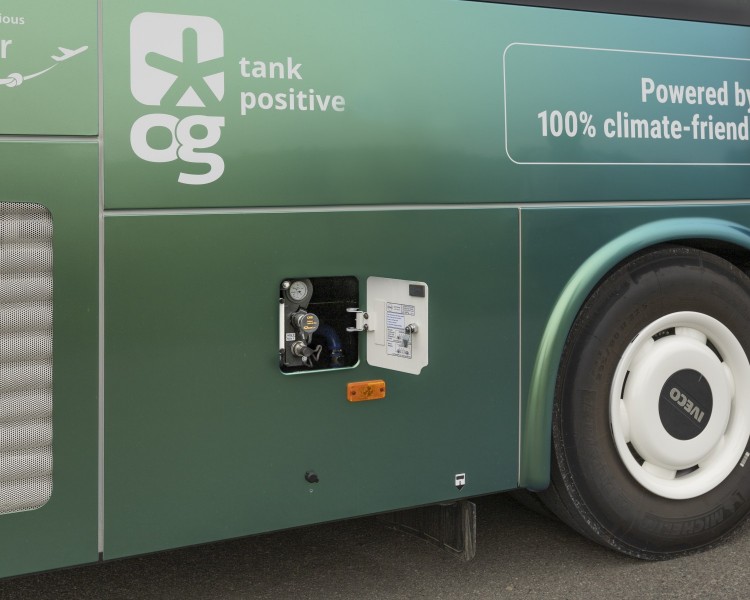
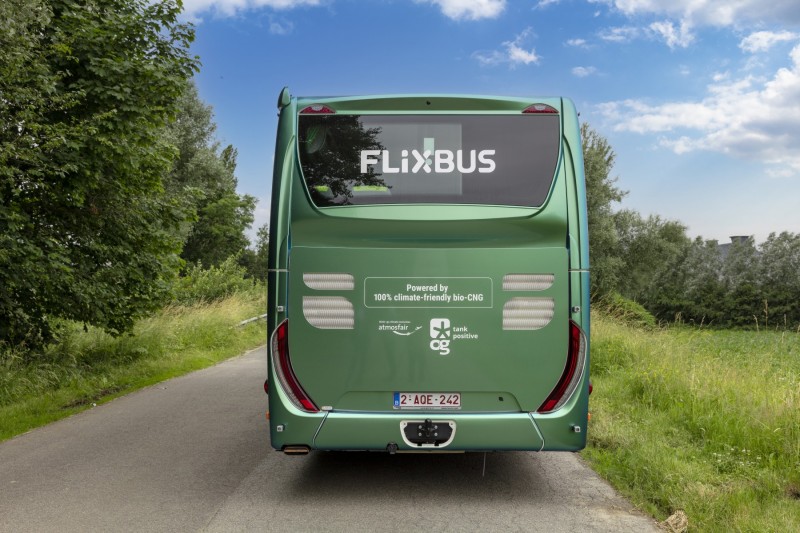
The use of biogas and biomethane leads to a reduction in carbon footprint. As LBG/Bio-LNG and CBG/Bio-CNG are fuels derived from biomass, i.e. a renewable energy source, CO2 emissions arising during combustion of the fuel can be considered zero.
Preliminary calculations by climate NGO atmosfair for FlixBus’s new long-distance routes show that CO2 emissions can be reduced by around 75 percent overall when using bio-CNG and bio-LNG instead of diesel. The exact emission savings will depend on the fuel consumption of the gas vehicles, which will be verified in the pilot projects.
What is important, biogas is already a viable alternative to fossil fuels such as petrol and diesel and competes with technologies such as electricity and hydrogen as a modern power source.
Source: FlixBus.

